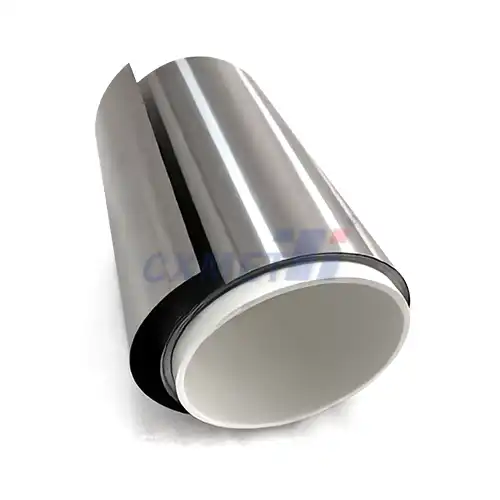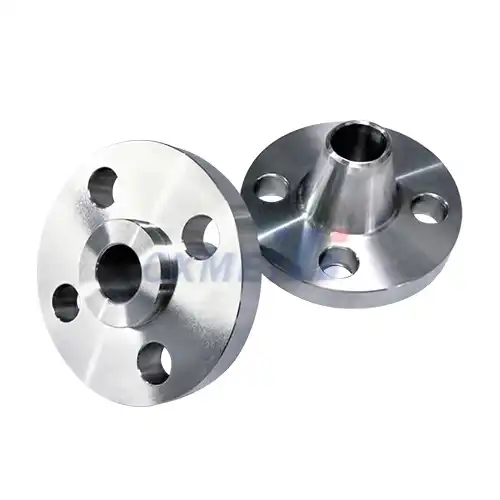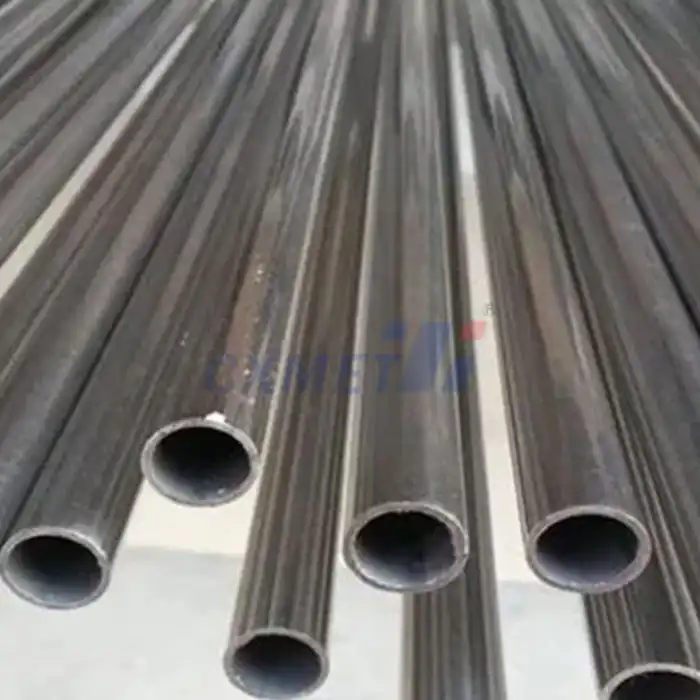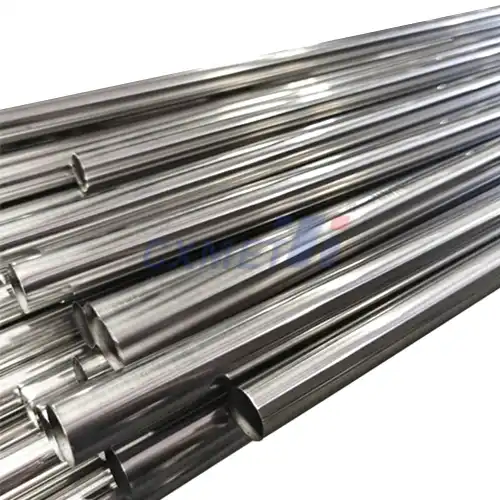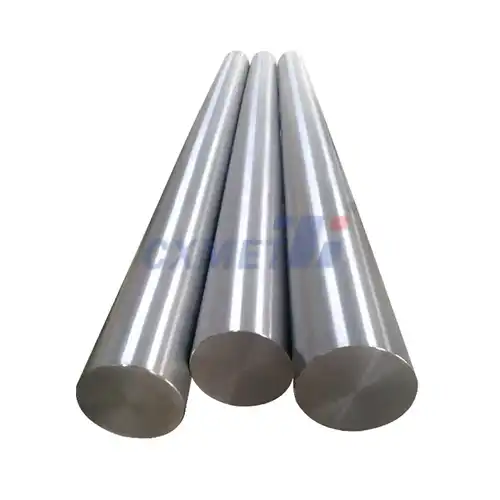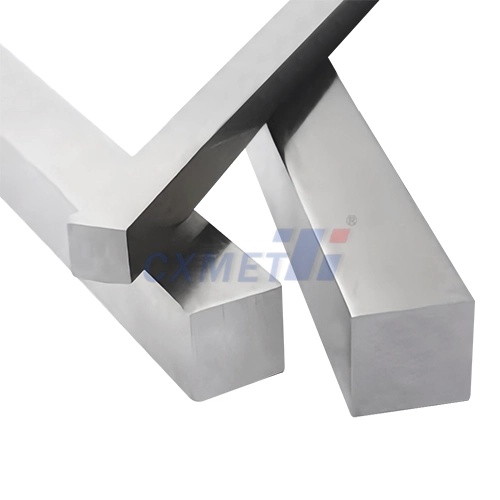- English
- French
- German
- Portuguese
- Spanish
- Russian
- Japanese
- Korean
- Arabic
- Greek
- German
- Turkish
- Italian
- Danish
- Romanian
- Indonesian
- Czech
- Afrikaans
- Swedish
- Polish
- Basque
- Catalan
- Esperanto
- Hindi
- Lao
- Albanian
- Amharic
- Armenian
- Azerbaijani
- Belarusian
- Bengali
- Bosnian
- Bulgarian
- Cebuano
- Chichewa
- Corsican
- Croatian
- Dutch
- Estonian
- Filipino
- Finnish
- Frisian
- Galician
- Georgian
- Gujarati
- Haitian
- Hausa
- Hawaiian
- Hebrew
- Hmong
- Hungarian
- Icelandic
- Igbo
- Javanese
- Kannada
- Kazakh
- Khmer
- Kurdish
- Kyrgyz
- Latin
- Latvian
- Lithuanian
- Luxembou..
- Macedonian
- Malagasy
- Malay
- Malayalam
- Maltese
- Maori
- Marathi
- Mongolian
- Burmese
- Nepali
- Norwegian
- Pashto
- Persian
- Punjabi
- Serbian
- Sesotho
- Sinhala
- Slovak
- Slovenian
- Somali
- Samoan
- Scots Gaelic
- Shona
- Sindhi
- Sundanese
- Swahili
- Tajik
- Tamil
- Telugu
- Thai
- Ukrainian
- Urdu
- Uzbek
- Vietnamese
- Welsh
- Xhosa
- Yiddish
- Yoruba
- Zulu
How is a Titanium Flange Tube Sheet Manufactured?
2024-10-10 17:50:17
Titanium flange tube sheets are critical components in various industrial applications, particularly in heat exchangers and pressure vessels. These specialized components are engineered to withstand extreme conditions while maintaining structural integrity and efficiency. The manufacturing process of titanium flange tube sheets involves a series of precise steps, combining advanced metallurgy with sophisticated fabrication techniques. This blog post delves into the intricate process of creating these essential industrial components, exploring the unique properties of titanium, the quality assurance measures in place, and the wide-ranging applications of the finished product.
What are the key properties of titanium used in flange tube sheets?
Titanium is the material of choice for flange tube sheets in demanding environments due to its exceptional combination of properties. Understanding these properties is crucial to appreciating the manufacturing process and the final product's performance.
1. Corrosion Resistance: Titanium's outstanding corrosion resistance is perhaps its most valuable attribute in flange tube sheet applications. The metal forms a stable, protective oxide layer when exposed to oxygen, making it highly resistant to various corrosive environments, including seawater, acids, and chlorides. This property ensures long-term reliability and reduces maintenance costs in aggressive industrial settings.
2. Strength-to-Weight Ratio: Titanium boasts an impressive strength-to-weight ratio, surpassing many other metals used in similar applications. This characteristic allows for the design of lightweight yet robust flange tube sheets, which is particularly advantageous in applications where weight reduction is crucial, such as in aerospace or offshore installations.
3. Temperature Resistance: Titanium maintains its strength and structural integrity across a wide temperature range. It performs exceptionally well in both cryogenic conditions and elevated temperatures, making it suitable for diverse industrial processes involving extreme thermal conditions.
4. Biocompatibility: Although not directly related to industrial applications, titanium's biocompatibility is worth noting. This property makes titanium flange tube sheets an excellent choice for pharmaceutical and food processing industries, where material purity and non-reactivity are paramount.
5. Weldability: Titanium exhibits good weldability, which is crucial in the manufacturing process of flange tube sheets. However, welding titanium requires specialized techniques and controlled environments to prevent contamination and maintain the metal's properties.
Understanding these properties is essential for manufacturers as they guide the selection of appropriate grades of titanium and influence the manufacturing processes employed. For instance, the choice between commercially pure titanium and various titanium alloys depends on the specific requirements of the application, balancing factors such as strength, corrosion resistance, and cost.
How does the manufacturing process ensure quality in titanium flange tube sheets?
The manufacturing of titanium flange tube sheets is a complex process that requires precision, expertise, and rigorous quality control measures. Each step of the manufacturing process is carefully executed to ensure the final product meets the exacting standards required for its intended application.
1. Material Selection and Preparation:
The process begins with the careful selection of the appropriate titanium grade. Depending on the specific requirements, manufacturers may choose commercially pure titanium or various titanium alloys. The raw material typically comes in the form of plates or sheets. These are inspected for any defects or inconsistencies before processing begins.
2. Cutting and Shaping:
The titanium plates are cut to the required size and shape using advanced cutting technologies. Precision water jet cutting or plasma cutting are often employed due to their ability to cut titanium without introducing heat-affected zones that could compromise the material's properties. The edges are then carefully finished to remove any burrs or irregularities.
3. Drilling and Hole Preparation:
One of the most critical steps in manufacturing a flange tube sheet is the drilling of holes. These holes will eventually accommodate the tubes in the heat exchanger or pressure vessel. The drilling process requires specialized tools and techniques due to titanium's properties. Computer Numerical Control (CNC) machines are typically used to ensure precise hole positioning and dimensions. The holes are then deburred and may undergo additional finishing processes to achieve the required surface quality.
4. Flange Formation:
The flange portion of the tube sheet is usually formed through a combination of machining and, in some cases, welding. The flange provides a means of connecting the tube sheet to other components and must be precisely dimensioned to ensure proper sealing and alignment.
5. Heat Treatment:
Depending on the specific titanium alloy and the intended application, the flange tube sheet may undergo heat treatment. This process can improve the material's strength, ductility, or stress-relief properties. Heat treatment must be carefully controlled to avoid altering the titanium's microstructure in undesirable ways.
6. Surface Treatment:
To enhance corrosion resistance and prepare the surface for its intended environment, the titanium flange tube sheet often undergoes surface treatment. This may include chemical passivation to promote the formation of the protective oxide layer or, in some cases, the application of specialized coatings.
The manufacturing process for titanium flange tube sheets is inherently complex and requires specialized equipment and expertise. Manufacturers must maintain clean, controlled environments to prevent contamination of the titanium, which can significantly impact its properties. Additionally, the handling and processing of titanium require specific safety measures due to its reactivity at high temperatures.
By adhering to these rigorous manufacturing and quality control processes, manufacturers ensure that the resulting titanium flange tube sheets meet the high standards required for their critical applications in various industries.
What are the common applications of titanium flange tube sheets in industry?
Titanium flange tube sheets find extensive use across various industries due to their unique combination of properties. Their applications span from chemical processing to energy production, showcasing the versatility and reliability of these components.
1. Chemical Processing Industry:
In chemical processing plants, titanium flange tube sheets are widely used in heat exchangers and reactors. Their exceptional corrosion resistance makes them ideal for handling aggressive chemicals, acids, and chlorides. For instance, in the production of chlorine and caustic soda, titanium components are essential due to their ability to withstand the highly corrosive environment.
2. Oil and Gas Industry:
Offshore oil and gas platforms utilize titanium flange tube sheets in various equipment, including heat exchangers and desalination units. The material's resistance to seawater corrosion, combined with its high strength-to-weight ratio, makes it an excellent choice for these demanding applications. Titanium components help reduce the overall weight of offshore structures while ensuring long-term reliability.
3. Power Generation:
In power plants, particularly those using seawater or brackish water for cooling, titanium flange tube sheets are employed in condensers and heat exchangers. Their resistance to erosion-corrosion in high-velocity seawater flow extends the life of these critical components, reducing maintenance costs and improving plant efficiency.
4. Desalination Plants:
The desalination industry relies heavily on titanium components, including flange tube sheets, in multi-stage flash (MSF) and reverse osmosis (RO) systems. Titanium's ability to withstand the corrosive effects of hot, concentrated brine makes it indispensable in these applications, ensuring long-term performance and water quality.
5. Aerospace Industry:
While not typically used as flange tube sheets in this sector, titanium's properties make it valuable in various aerospace applications. The material's high strength-to-weight ratio and temperature resistance are utilized in aircraft heat exchangers and other critical components.
6. Pharmaceutical and Food Processing:
Titanium flange tube sheets are preferred in pharmaceutical and food processing equipment due to their biocompatibility and resistance to a wide range of cleaning and sterilizing agents. They are used in reactors, fermenters, and various heat exchange applications where material purity and non-reactivity are crucial.
7. Pulp and Paper Industry:
The corrosion resistance of titanium makes it suitable for use in the harsh chemical environments found in pulp and paper processing. Titanium flange tube sheets are used in digesters, bleaching equipment, and recovery boilers, where they can withstand the corrosive effects of chlorine compounds and other chemicals used in the pulping process.
8. Nuclear Power Plants:
In nuclear power generation, titanium components, including flange tube sheets, are used in various heat exchangers and condensers. The material's resistance to radiation damage and its ability to maintain its properties under high temperatures make it valuable in this critical application.
The wide-ranging applications of titanium flange tube sheets demonstrate the material's versatility and the critical role it plays in various industrial processes. As industries continue to push the boundaries of performance and efficiency, the demand for these specialized components is likely to grow, driving further innovations in titanium manufacturing and processing technologies.
In conclusion, the manufacturing of titanium flange tube sheets is a sophisticated process that combines advanced materials science with precision engineering. The unique properties of titanium, including its exceptional corrosion resistance, high strength-to-weight ratio, and temperature resistance, make it an ideal material for these critical components. The manufacturing process, with its emphasis on quality control and precision, ensures that the final products meet the exacting standards required for their diverse applications across multiple industries. As technology advances and industrial processes become more demanding, the role of titanium flange tube sheets in ensuring efficiency, reliability, and safety is likely to become even more prominent.
At SHAANXI CXMET TECHNOLOGY CO., LTD, we take pride in our extensive product range, which caters to diverse customer needs. Our company is equipped with outstanding production and processing capabilities, ensuring the high quality and precision of our products. We are committed to innovation and continuously strive to develop new products, keeping us at the forefront of our industry. With leading technological development capabilities, we are able to adapt and evolve in a rapidly changing market. Furthermore, we offer customized solutions to meet the specific requirements of our clients. If you are interested in our products or wish to learn more about the intricate details of our offerings, please do not hesitate to contact us at sales@cxmet.com. Our team is always ready to assist you.
References:
1. Titanium Information Group. (2021). "Titanium Properties and Applications."
2. American Society for Testing and Materials. (2020). "ASTM B265 - Standard Specification for Titanium and Titanium Alloy Strip, Sheet, and Plate."
3. Leyens, C., & Peters, M. (Eds.). (2003). "Titanium and Titanium Alloys: Fundamentals and Applications." John Wiley & Sons.
4. Heat Exchanger Institute. (2019). "Standards for Power Plant Heat Exchangers."
5. Donachie, M. J. (2000). "Titanium: A Technical Guide." ASM International.
6. Lutjering, G., & Williams, J. C. (2007). "Titanium." Springer Science & Business Media.
7. International Association for the Properties of Water and Steam. (2018). "Technical Guidance Document: Corrosion in Steam Generating Systems."
8. American Welding Society. (2020). "AWS D1.9/D1.9M:2015 Structural Welding Code - Titanium."
9. Schutz, R. W., & Thomas, D. E. (1987). "Corrosion of Titanium and Titanium Alloys." ASM Handbook.
10. Peters, M., Kumpfert, J., Ward, C. H., & Leyens, C. (2003). "Titanium Alloys for Aerospace Applications." Advanced Engineering Materials.
